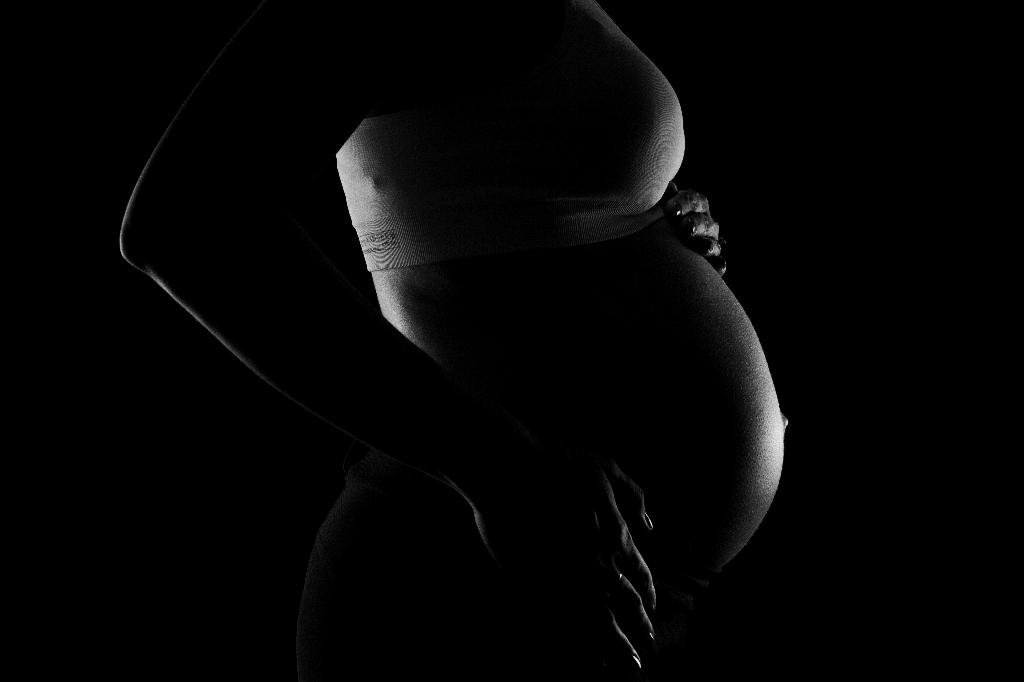Polycystic ovary syndrome (PCOS) is a common hormonal disorder that affects women of reproductive age. It is characterized by irregular periods, high levels of male hormones (androgens), and small cysts on the ovaries. When a woman with PCOS becomes pregnant, there are certain symptoms that may be experienced due to the underlying condition.
One of the key symptoms of pregnancy in women with PCOS is irregular periods. Since women with PCOS often have irregular menstrual cycles, it can be challenging to determine if a missed period is due to pregnancy or the underlying condition itself. Consulting with a healthcare provider for testing is crucial to confirm pregnancy.
In addition to irregular periods, women with PCOS may experience symptoms such as increased insulin resistance during pregnancy. Insulin resistance can lead to gestational diabetes mellitus, a type of diabetes that develops during pregnancy. It is important for pregnant women with PCOS to monitor their blood sugar levels regularly and follow a healthy diet to manage this condition.
Women with PCOS who become pregnant may also be at a higher risk for developing hypertensive disorders such as preeclampsia during pregnancy. Preeclampsia is a serious condition characterized by high blood pressure and damage to other organs, typically occurring after 20 weeks of pregnancy. Close monitoring by healthcare providers is essential to detect and manage this condition.
Furthermore, women with PCOS who are pregnant may have an increased likelihood of experiencing preterm delivery. Preterm delivery is the birth of a baby before 37 weeks of gestation and can be associated with various complications for both the mother and the baby. Healthcare providers may recommend interventions to prevent preterm labor and reduce the risks involved.
Another symptom of pregnancy in women with PCOS is the potential for giving birth to a small for gestational age (SGA) infant. SGA infants are born with a birth weight below the 10th percentile for their gestational age and may have an increased risk of health problems after birth. Specialized care and monitoring may be necessary for these infants.
When navigating pregnancy with PCOS, it is important for women to be aware of these potential symptoms and risks. Regular prenatal care, including monitoring of blood sugar levels, blood pressure, and fetal growth, can help manage and reduce the impact of these complications. Collaborating with a healthcare team experienced in managing PCOS and pregnancy is crucial for a healthy outcome for both the mother and the baby.

